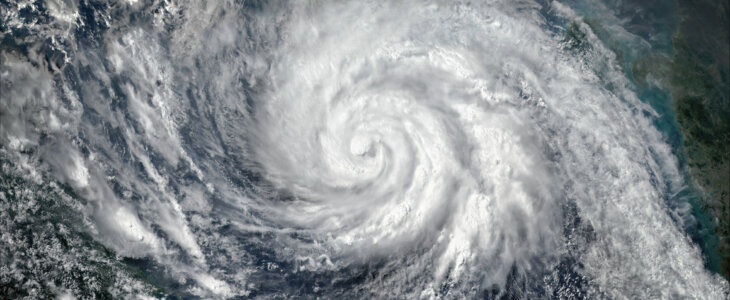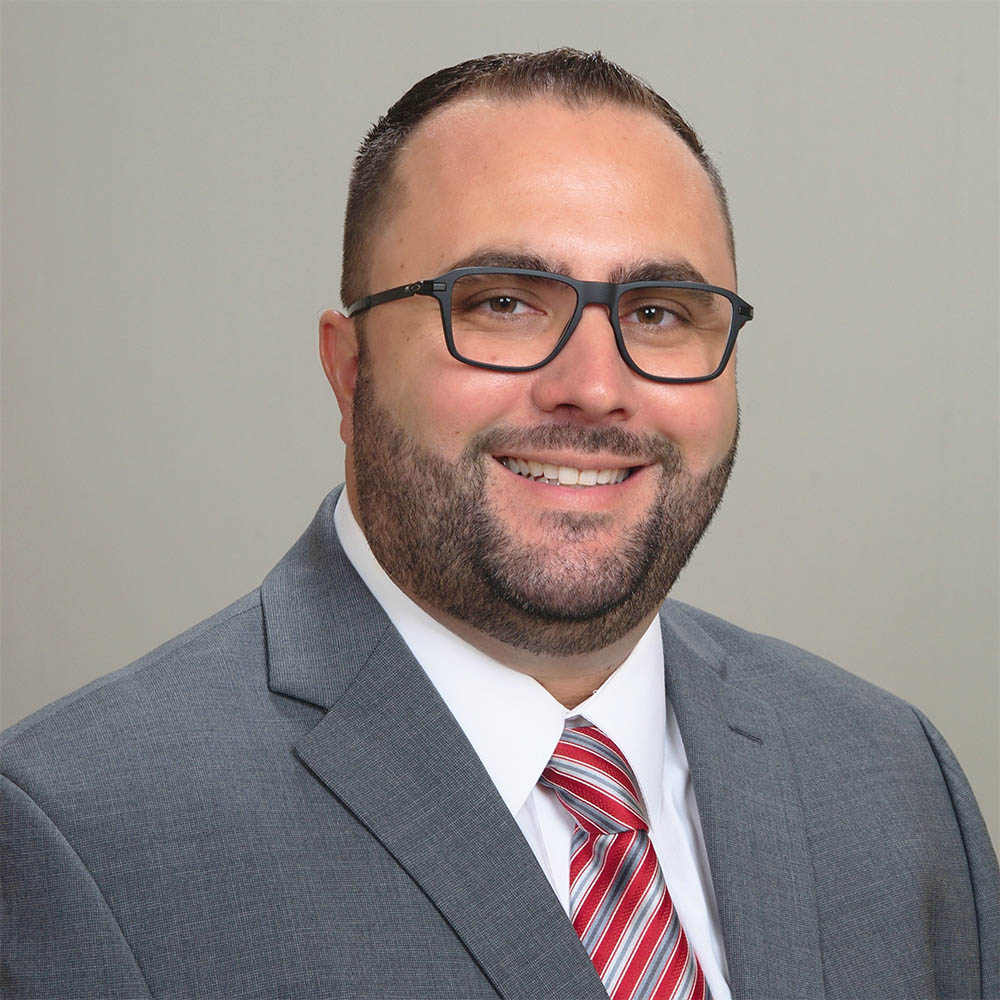Florida’s coastlines and communities have long grappled with the threat of hurricanes, facing both the immediate impact of these powerful storms and the long-term challenges of recovery and resilience. In recent years, state and federal lawmakers have introduced several legislative measures to address the complex issues surrounding hurricane preparedness, response, and insurance.
In this blog post, our team at Tomlinson Law Group examines key hurricane-related legislation passed in the last few years, exploring how these new laws affect Florida residents, property owners, and the insurance landscape. By understanding these legislative changes, Floridians can better navigate the evolving legal and financial aspects of living in a hurricane-prone state.
Florida Senate Bill 1728 (2022)
Florida Senate Bill 1728, which went into effect in July 2022, introduced significant changes to property insurance regulations, particularly focusing on roof replacement coverage. This legislation responded to the rising costs of property insurance and the increasing number of roof-related claims in the state.
Changes to Roof Replacement Coverage
The bill introduced a new “roof deductible” option for homeowners insurance policies. This allows insurers to offer policies with a separate roof deductible of up to two percent of the overall policy dwelling limits. However, this deductible wouldn’t apply if a named hurricane causes the roof damage, the home is a total loss, or the roof damage requires repair of less than 50% of the roof.
Impact on Property Insurance Policies
SB 1728 also changed how insurers can handle roof coverage based on the roof’s age and type. For roofs less than 15 years old, insurers must provide full replacement cost coverage. For roofs 15 years or older, insurers can offer actual cash value coverage instead, which factors in depreciation. However, if homeowners can prove their roof has at least five years of useful life left, they can still qualify for full replacement cost coverage.
Potential Effects on Homeowners
The bill’s impact on individual homeowners varies depending on roof age, home value, and location. Some may see reduced premiums, while others might face higher out-of-pocket costs for roof repairs or replacements. Homeowners should carefully review their policies and consider roof maintenance and upgrades to ensure adequate coverage.
This legislation underscores the ongoing challenge of balancing affordable insurance coverage with the realities of Florida’s hurricane risks and the rising costs of property repairs. As the effects of this bill continue to unfold, it remains a topic of debate among policymakers, insurers, and homeowners alike.
Florida Senate Bill 2-A (2022)
Florida Senate Bill 2-A passed during a special legislative session in December 2022, represents a significant effort to address the state’s property insurance crisis. This comprehensive bill introduced several measures to stabilize the insurance market and provide relief to policyholders.
Creation of the Reinsurance to Assist Policyholders (RAP) program
One of SB 2-A’s key provisions is the establishment of the Reinsurance to Assist Policyholders (RAP) program. This $1 billion program offers reinsurance coverage below the Florida Hurricane Catastrophe Fund. The RAP program aims to help insurers manage their risk, potentially leading to lower premiums for policyholders. Participating insurers must file rate decreases with the Office of Insurance Regulation to reflect the savings from this program.
Changes to Litigation Rules for Insurance Claims
The bill introduced significant changes to the legal landscape surrounding insurance claims:
- It eliminated the “assignment of benefits” practice for property insurance claims, preventing contractors from directly billing insurers.
- The legislation shortened the deadline for filing claims from two years to one year for new claims and from three years to 18 months for supplemental claims.
- It also modified the state’s “bad faith” laws, making it more challenging for policyholders to sue insurers for improper claim handling.
These changes aim to reduce litigation costs, which insurers argue have increased premiums.
Measures to Stabilize the Property Insurance Market
SB 2-A included several other provisions to strengthen the insurance market:
- It allocated $1.5 million to speed up reviewing property insurers’ rates and forms.
- The bill required insurers to be more transparent about their affiliates and how money flows between related companies.
- It introduced new regulations for insurers leaving the state market to protect policyholders during such transitions.
Florida House Bill 293 (2024)
Florida House Bill 293, passed in early 2024, represents the latest effort by state legislators to address ongoing challenges in the property insurance market, with a particular focus on hurricane-related issues. One of the most significant changes from this bill is the allowance of homeowners to “harden” their homes for hurricane season.
Under this bill, homeowners associations can no longer disallow things like storm shutters, reinforced garage doors, and exterior fixed generators. Although your HOA must allow you to have them now, they can still regulate style and color. Something to keep in mind when making these changes.
Extension of the Reinsurance to Assist Policyholders (RAP) program
HB 293 extends the RAP program, originally established in 2022, for another two years. This extension aims to continue providing stability to the insurance market by offering a reinsurance layer below the Florida Hurricane Catastrophe Fund. The bill allocates an additional $1.5 billion to the program over the two years.
Enhanced Building Code Enforcement
The bill introduces stricter enforcement measures for Florida’s building codes, particularly in hurricane-prone areas. It increases funding for local building departments to conduct more frequent inspections and requires additional training for building inspectors focused on hurricane-resistant construction techniques.
Creation of the Hurricane Preparedness and Mitigation Fund
HB 293 establishes a new $500 million Hurricane Preparedness and Mitigation Fund. This fund will provide:
- Grants to local governments for hurricane evacuation planning and infrastructure improvements
- Subsidies for low-income homeowners to purchase hurricane shutters and impact-resistant windows
- Funding for public education campaigns on hurricane preparedness and mitigation
Modifications to Citizens Property Insurance Corporation
The bill introduces changes to Citizens, the state-run insurer of last resort:
- It gradually increases the cap on annual rate hikes from 12% to 15% over three years
- It requires Citizens to implement a more aggressive depopulation plan to move policies back to the private market
- It introduces stricter eligibility requirements for new Citizens’ policies
These changes aim to reduce the state’s exposure to risk through Citizens while encouraging a more robust private insurance market.
Tomlinson Law Group Can Help
The legislative changes enacted in Florida over the past few years represent a significant shift in the state’s approach to hurricane preparedness. These laws aim to address the complex challenges facing Florida’s property insurance market while balancing the needs of homeowners, insurers, and the state’s economy.
Key takeaways from these legislative changes include:
- Shifting responsibility: There’s a clear trend toward homeowners taking on more responsibility for property maintenance, hurricane mitigation, and insurance costs.
- Market stabilization efforts: The legislation aims to stabilize the property insurance market through various measures, including reducing litigation, modifying coverage terms, and providing reinsurance support.
- Emphasis on mitigation: The increased funding for hurricane mitigation programs underscores the importance of strengthening homes against storm damage.
- The evolving role of state-run insurance: Changes to Citizens Property Insurance Corporation indicate a push towards reducing the state’s direct involvement in the insurance market while providing a safety net for those needing it.
While the full impact of these laws will take time to materialize, they represent Florida’s ongoing commitment to addressing the complex interplay between natural disasters, property protection, and insurance sustainability. Tomlinson Law Group is committed to helping Florida homeowners with their property insurance and hurricane preparedness. Call us today for more information.


